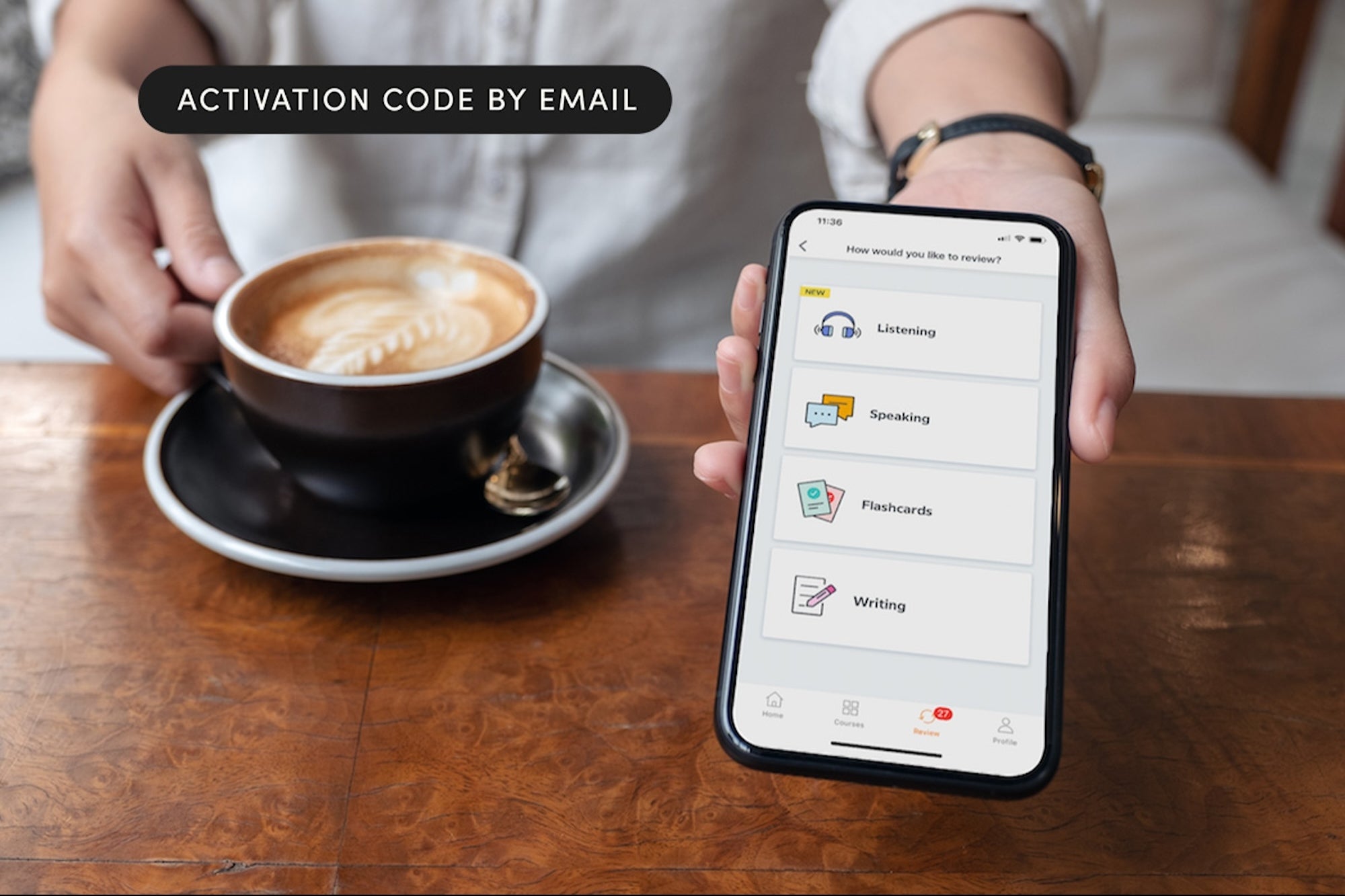Your Mission Statement May Be Utterly Useless or a Gold Mine Make yours meaningful by defining goals and specific strategies for customers, the enterprise and owners. Or skip one if there's no business purpose for it.
Opinions expressed by Entrepreneur contributors are their own.

Nine out of 10 of all the mission statements I read in business plans are wastes of time, paper or digital space. The rare one is a useful view into strategy or a helpful reminder about long-term goals.
I read hundreds of business plans every year. I get to do so since I'm a member of an Oregon angel investment group and also because every year I judge several major venture competitions. Mission statements are common because a lot of literature and advice about business plans recommends including one.
Related: Crafting a Mission Statement That You'll Remember
So what makes a mission statement useful? I see two kinds of approaches to mission statements that work:
1. Outlining goals for customers, employees and owners. I believe a healthy business benefits all three groups. Most mission statements include the proposed benefits for customers, but relatively few include goals for employees and even fewer include goals for owners.
But why not? Doesn't the business exist to make profits for owners? Doesn't it need to find, keep, inspire and compensate employees? Such objectives are all part of the mission.
2. Defining a strategic focus on a specific target market segment. This would include a particular kind of business offering intended to appeal to or meet the needs of that specific market group.
The best mission statements do both: They set the goals and define the strategy.
Related: How Do I Build a Business Plan? (Infographic)
Consider this hypothetical example, an imaginary mission statement for a fictitious restaurant:
"We offer organic gourmet food from local sources for people who appreciate fine dining without compromising healthy eating. We want a diverse and respectful workplace in which chefs can be creative and experiment and people can enjoy working with people. And we want to make a fair return on our owners' investment."
A good mission statement serves the business as a useful day-to-day reminder of core strategy and long-term goals. And in the special case of a business plan developed for investors or lenders, the statement gives a useful summary of goals and strategies.
The most common reason for a mission statement to fall short is that it is just a collection of buzzwords and clichés that say nothing. You may have heard of the Dilbert mission statement generator. The website is no longer available but it strung together random high-minded phrases to create mission statements devoid of all meaning.
In his book The Art of the Start, Guy Kawasaki suggested a simple test to expose the futility of most mission statements. Take a mission statement, he said, and try to guess from its words alone what business it pertains to. Can you tell a business from all its competitors through its mission statement? Not often.
Look at your company's mission statement, if you have one: Would your customers know that's yours and not your competition's?
Conclusion: Don't do a mission statement for your business unless it has some strategic use. Generic mission statements are just a waste of time. And a business plan doesn't need a mission statement unless it serves a specific business function.












